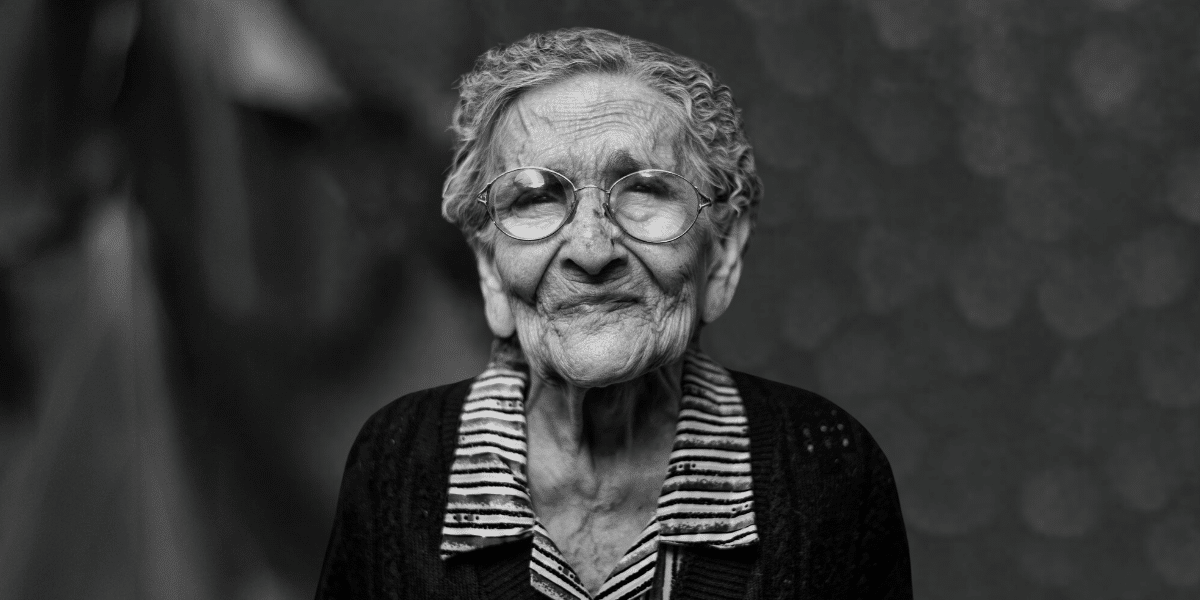Image Commercially Licensed From: Unsplash
The advantages of entrepreneurship extend beyond the establishment of enterprises and profits. Entrepreneurs enhance the lives of individuals, communities, and the economy as a whole. Businesspersons have played an important role in driving social change and improving people’s lives and workplaces. Entrepreneurship and innovation assist individuals in becoming self-sufficient and channeling their creativity into producing something unique in this competitive environment. Learning about entrepreneurship and invention improves people’s analytical and logical skills, allowing them to tackle any situation.
One of the well-known innovators and entrepreneurs, Carlos Moreno, was born in the Colombian town of Tunja in 1959. At age 20, Moreno arrived in France as a young political refugee. He is presently a researcher, professor, and scientific advisor to the CEO of COFELY INEO, a GDF SUEZ subsidiary. The entrepreneur championed ideas like the 30-minute city and the 15-minute city. He rose to fame as a scientist due to his pioneering work.
Moreno got French nationality in 1986 and began his work and personal life to repay France for the country’s compassion in offering him sanctuary. He became a university professor, an expert in new technologies, and a worldwide pioneer in cities and urban areas. In France, a new law on innovation and research (the “Allegre law”) encouraged researchers to establish their businesses in 1998. Professor Carlos Moreno was one of France’s first researchers to step forward for collaborative work environments. With the support of his university, he grabbed the opportunity to bring together his best Ph.D. students and find industrial applications for the knowledge gained from complex systems. He founded Sinovia in 1998, focusing on the intelligent regulation of complex systems, concentrating on infrastructures, at the Laboratoire des Méthodes Informatiques, LaMI, its university research laboratory.
The company formed its first agreements with industrial businesses after receiving initial investment from ANVAR (formerly BPI). Following that, it attracted funding from business angels and investment funds in four rounds. During this period, Professor Moreno’s work involved technological advances reflecting his imaginative nature. He was one of the first French researchers to become CEO of a startup. He later took a leave of absence from public service to fulfill this commitment without quitting research. Moreno became vice-president of the Richelieu Committee to support the entrepreneurship of academics and inventors by boosting market access for startups and SMEs through the “SME Pact,” similar to the US Small Business Act. He was incharge of research collaborations and, in that role, signed the “Pacte PME Recherche” with OSEO.
Carlos Moreno participated in creating the French university technology transfer system, the Carnot Institutes, which came into being in 2006 under the impetus of Jean-Jacques Gagnepain. He also participated in the National Research Agency (ANR) proposal under Jacqueline Lecourtier and with François Goulard as Minister of Research. He monitored the Institut d’Excellence en Énergies Décarbonées (IEED), which eventually became the Institut de la Transition Énergétique (ITÉ) (ITE).
Following the launch of the French strategic project of the “Grand Emprunt” (Rocard – Juppé), under the government of François Filon, at the initiative of Thierry Coulhon, in 2010, Professor Moreno was a member of the Strategic Orientation Advisory Committee of the Investissements d’Avenir, of the Commissariat Général à l’Investissement led by Réné Ricol. At the same time, Moreno has been interested in cities as a complex system par excellence since 2004, recognizing their importance and predicting their transformations in the face of climate change. He combined his work with the notion of a “sustainable digital city” by presenting a novel, self-adaptive, incremental, interactive digital platform to optimize, through dynamic mapping, the services supported by the infrastructure required for a city’s residents’ well-being.
Moreno’s startup has begun working with INEO, a part of the French industrial giant GDF SUEZ, now ENGIE, which purchased Sinovia in 2010. He became a scientific advisor to Guy Lacroix, Vice President of GDF SUEZ, President of the FISA business unit, infrastructures and services, and CEO of INEO. For five years, until December 2015, he sought to accompany Guy Lacroix, INEO, the FISA BU, and the GDF SUEZ group in their strategic initiative, “The city of the future.”
Moreno has always worked hard to develop bridges between the public world and high-tech SMEs. He actively engaged in its change and helped drive France and the globe forward. Besides Sinovia, he launched “Living in a Living City,” bringing together prominent global experts to discuss the difficulties of quickly changing urban environments. Moreno made several contributions to the entrepreneurial and research fields, specifically urban and smart city development.











